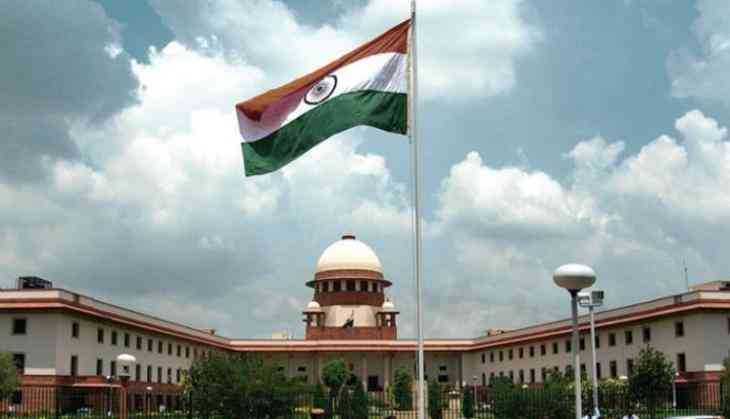
The Supreme Court agreed to hear the plea filed by Muslim couple seeking entry of women in mosques to offer prayers. The Supreme Court issued notice to the Centre, National Commission for Women, Central Waqf Council and All India Muslim Personal Law Board seeking direction that Muslim women be allowed to enter mosques and offer prayers.
The Supreme Court cited Sabrimala temple verdict as an example to hear the case. “We are only hearing you because of the Sabarimala judgement. But the provision for Right to Equality under the Constitution can only be invoked against the state and not against an individual who is inside a mosque,” the court said.
Supreme Court issues notice to the Centre, National Commission for Women, Central Waqf Council and All India Muslim Personal Law Board on a plea seeking direction that Muslim women be allowed to enter mosques and offer prayers. pic.twitter.com/8sVfy1EtMU
— ANI (@ANI) April 16, 2019
The Supreme Court in September last year, in a landmark verdict, lifted the decades-old ban on entry of women of menstruating age to the hilltop shrine in Kerala's Sabarimala temple.
The judges asked whether a mosque or temple or church is a state.“Can you invoke Article 14 and claim equality of treatment from another citizen. Can it be invoked against non-state actors? We can understand that the state has to ensure equality. The state cannot deny it,” the Court observed.
A Muslim couple from Maharashtra had moved the Supreme Court on Monday seeking the right for women to pray at mosques. The petition filed by a Pune based couple also seeks direction to declare the prohibition on entry of Muslim women into mosques in the country “illegal and unconstitutional” as it violates women’s fundamental rights.
Counsel Ashutosh Dubey, who is representing the couple has mentioned that neither Quran nor Hadith mention of any gender segregation. "....Such practices are not only repugnant to the basic dignity of a woman as an individual but also violative of their fundamental rights...," read the plea.
The couple said that there were no records which states that the Quran and Prophet Muhammad opposed women entering mosques and offering namaz. According to the petitioners beliefs the petitioner also added that it in fact men and women have equal constitutional rights to worship. Not allowing women from entering mosques is illegal, unconstitutional and "violative of Articles 14, 15, 21, 25 and 29 of the Constitution," according to petitioner.
First published: 16 April 2019, 12:21 IST


